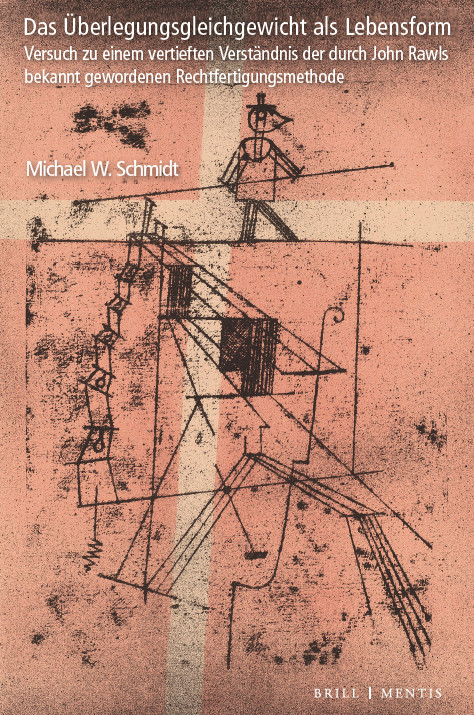Reflective Equilibrium as a Form of Life
Especially in “A Theory of Justice,” the US philosopher John Rawls formulates his idea of reflective equilibrium. According to it, justified beliefs can be arrived at if (and only if) all beliefs concerning a specific issue of inquiry have been so harmoniously adjusted to each other through a holistic and critical examination that, considered jointly, they are most plausible.
Indispensable to liberal democracies
“In essence, such justification is about rational reasons that one can provide for oneself or for others,” explains Michael Schmidt, researcher at ITAS. This is useful for knowledge enhancement, necessary for the understanding of a subject matter, and, from Rawls’s perspective, indispensable when debating and jointly struggling for just and legitimate decisions in a liberal democracy.
In his now published dissertation, Michael Schmidt undertakes an “attempt at a deeper understanding” of the method of reflective equilibrium. He argues that there is a conceptual core that connects all interpretations of the method.
Schmidt also examines whether the method itself is justified. In light of the resulting self-application problem – the need for acceptance of the method before its own justification – he argues that it should be understood as a public and political form of life. That is, it can be seen as a set of social practices that ideally constitute the lived consensus of a liberal democracy – for instance, when it comes to justifying a position in a parliamentary debate, in court, or in the public media. (13.10.2022)
Bibliographic data:
Schmidt, Michael. W.
Das Überlegungsgleichgewicht als Lebensform: Versuch zu einem vertieften Verständnis der durch John Rawls bekannt gewordenen Rechtfertigungsmethode.
Dissertation, Leiden: Brill | mentis, 2022, 397 pp., ISBN 978-3-96975-250-0
Publisher information


